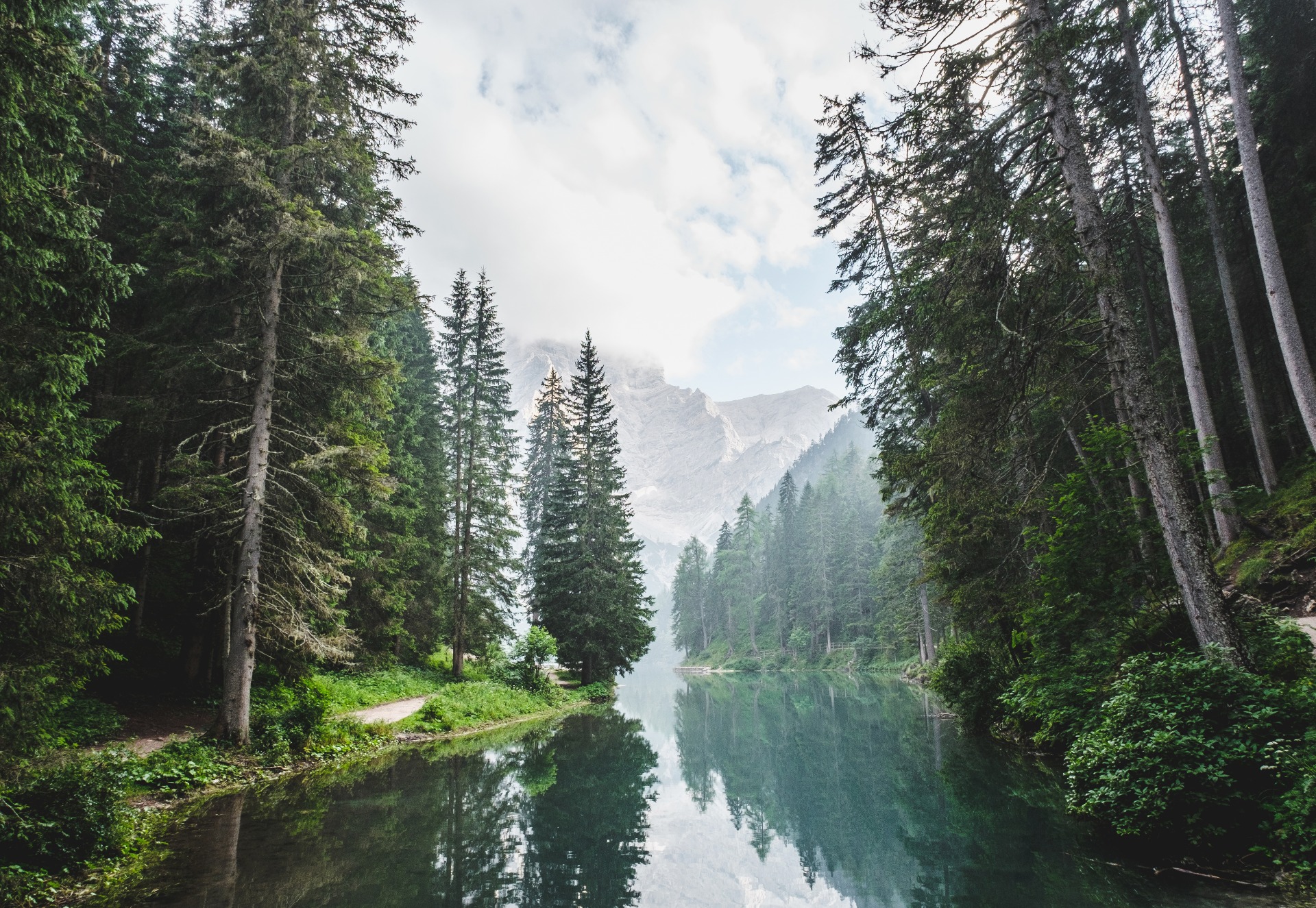Volcano

The word "volcano" comes from the little island of Vulcano in the Mediterranean Sea, near Sicily. Centuries ago, the people living in this area believed that Vulcano was the chimney of the forge of Vulcan (the blacksmith of the Roman gods).
They thought that the hot lava fragments and clouds of dust erupting from Vulcano came from Vulcan's forge as he beat out thunderbolts for Jupiter, king of the gods, and weapons for Mars, the god of war.
A volcano is an opening in the Earth's crust through which magma, ash and gas come out.
Rock under the Earth's surface is so hot that it melts. This melted rock is called magma.

The magma it so hot that it moves towards the Earth´s crust.
Sometimes it finds a crack or a hole in the Earth's crust and bursts through.
This is when the pressure builds up under the surface causing a volcanic eruption.
Gases and rock shoot up through the opening and spill over or fill the air with lava fragments (erupting magma is called lava and can reach temperatures of up to 1200°C). It glows red and white as it flows from the volcano.
Volcanoes become bigger every time they erupt as the lava cools and makes a new layer of rock.

Volcanoes can be found in Mars and other planets.

Volcanoes can erupt under water and form new islands from the cooled lava, like the Canary Islands.
_____________________________________________________
Parts of a volcano

Magma - Molten rock beneath Earth's surface.
Lava - Molten rock that erupts from a volcano that solidifies as it cools.
Magma chamber - is a hollow within the volcano where magma and gases accumulate.
Crater - Mouth or top of a volcano - surrounds a volcanic vent.
Vent - An opening in Earth's surface through which volcanic materials escape.
Main vent - Entrance of a volcano. The part of the conduct that ejects lava and volcanic ash.
Ash - Fragments of lava or rock smaller than 2 mm in size that are blasted into the air by volcanic explosions.
Eruption Cloud - A cloud of ash and rocks formed by volcanic explosions.


